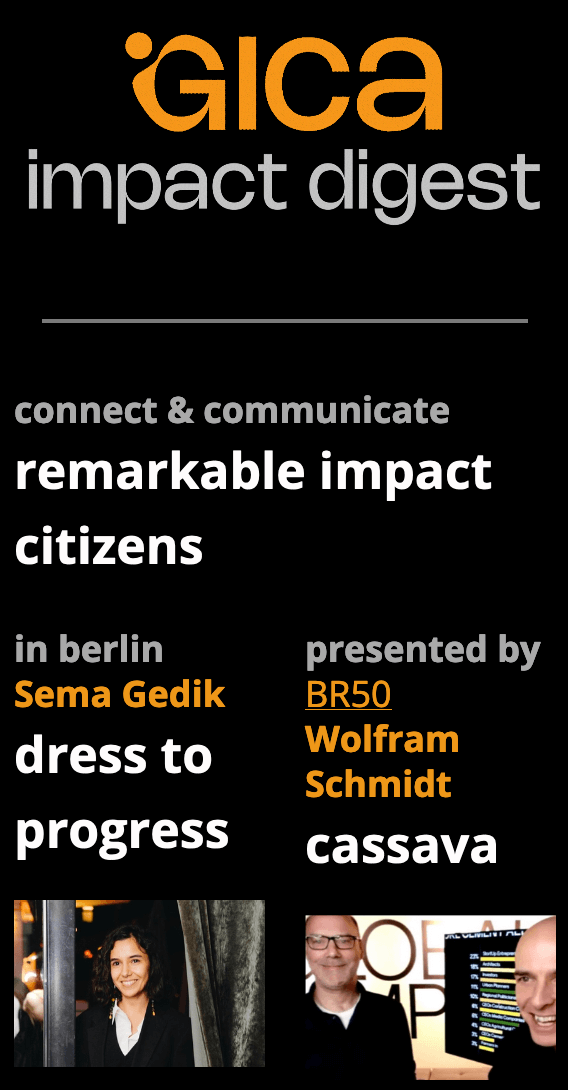GICA: Marc, what brought you to this place?
we devised a plan to utilize vacant cultural and industrial monuments to turn utopias into reality. We thought we couldn’t do everything, but we could inspire. One thing led to another. – Marc Bernath
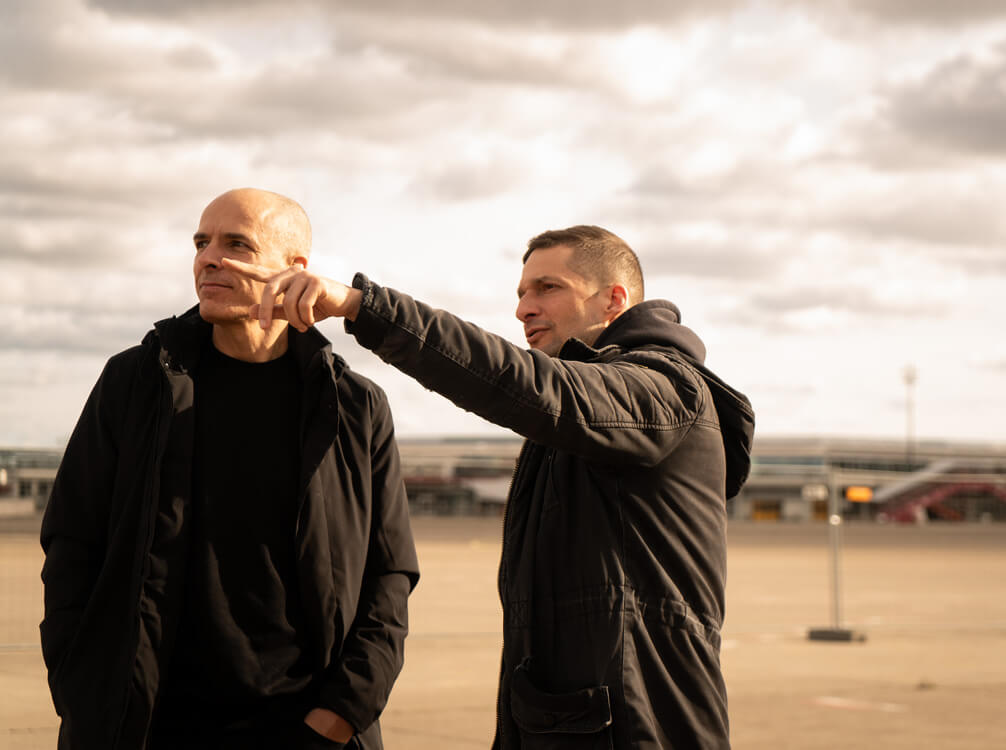
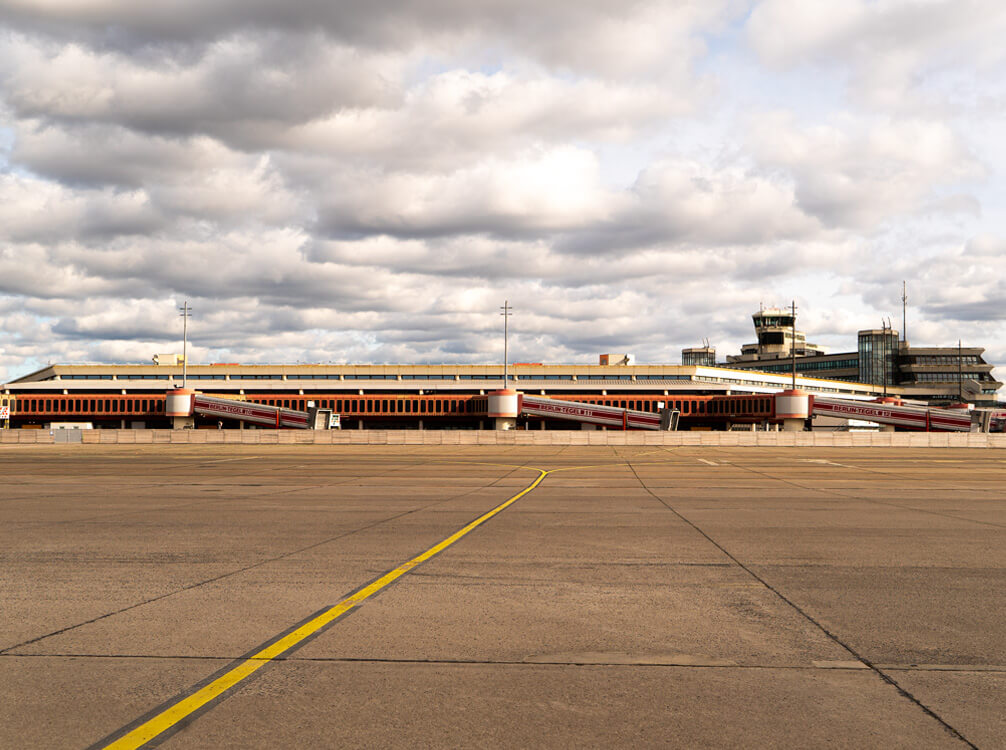
Marc Bernath: During the pandemic, I realized I’d outgrown what I had been doing. Then, I joined a fun group of different entrepreneurs. We were united by the belief that we could make our world cool, sustainable, and socially just. As our contribution, we devised a plan to utilize vacant cultural and industrial monuments to turn utopias into reality. We thought we couldn’t do everything, but we could inspire. One thing led to another. Now, we’re here in an industrial monument, now a collaboration center.
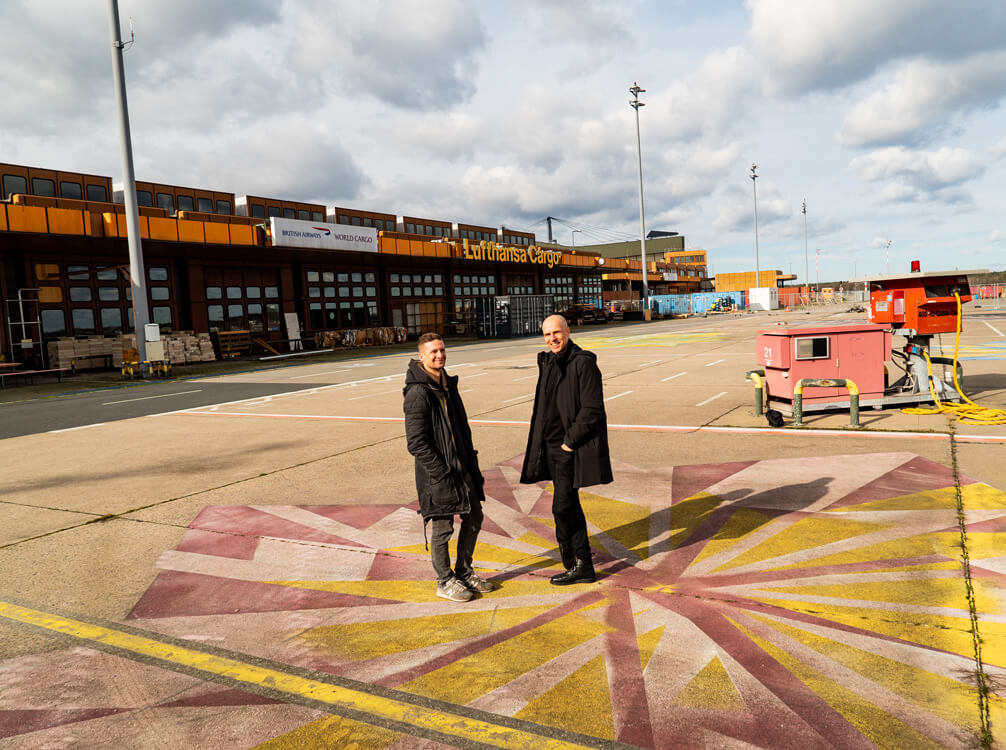
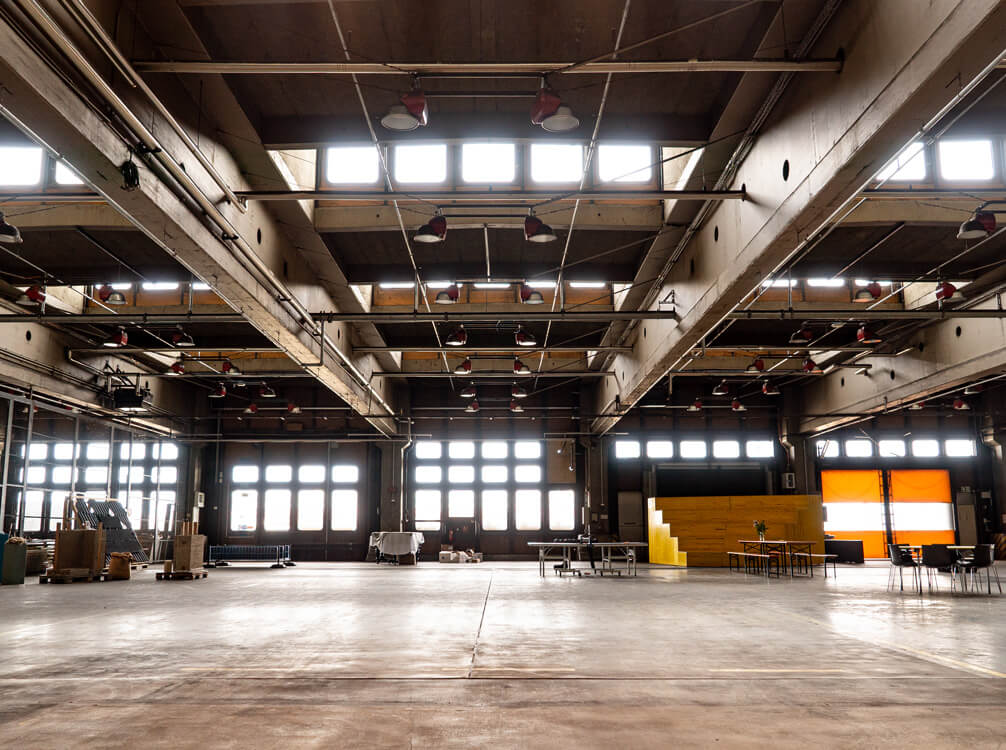
This was a great chance to think freely: What should happen here? Who should be here? We curated and brought in all the startups, ensuring they worked well together and wanted to collaborate.
GICA: Who is “we”?
Marc Bernath: We are four founders who started several projects, and I’m now in charge of this project.
GICA: What were your other companies? What did you do before?
Marc Bernath: I’ve been a computer kid since I was eleven or twelve. I spent more time during my school years developing and selling software than in school itself.
GICA: What kind of software?
Marc Bernath: Among other things, I wrote process measurement software and business software. I only studied for a year. Then, I dropped out of university and founded a consulting firm that helped large companies better organize their IT and save money. I did that for about ten years until my first child was born. Then, I realized that my lifestyle no longer matched what I wanted to do. Before I started with .GUT, I was in the startup industry and scaled marketing and sales. I had a service company and worked with about 120 startups. Eventually, I had enough.
GICA: How did you get to the premises of Tegel Airport?
Marc Bernath: We talked through my co-founder, Alexander Vogt. He co-founded Solon, the first solar company on the stock exchange, and was already in contact with Tegel Projekt GmbH. They were looking for players to ignite the development planned here.
GICA: You’re saying that Berlin -as the capital of an industrial country- is a city where four people can come together and say, “I want to shape the future here,” – and then they get the largest free-standing industrial monument area in Germany?
Marc Bernath: The concept and the idea were excellent. Such a project is never super easy and the support of the city was really strong. Although we’re normal tenants and have to pay our rents, we’re closely collaborating with the city.
That’s 500 hectares of land. It’s Europe’s most significant development project in terms of area
GICA: Or in Berlin, things are possible that wouldn’t be possible elsewhere.
Marc Bernath: Yes, you can say that. The courage behind this project is incredible. Munich-Riem is also an airport that closed. The areas were all sold off. Today, the area isn’t exactly dead, but nothing is really happening there. However, the city of Berlin said over ten years ago: “We’re not selling off this area.” That’s 500 hectares of land. It’s Europe’s most significant development project in terms of area. And yet, the city decided to use this entire area to reinvent itself.
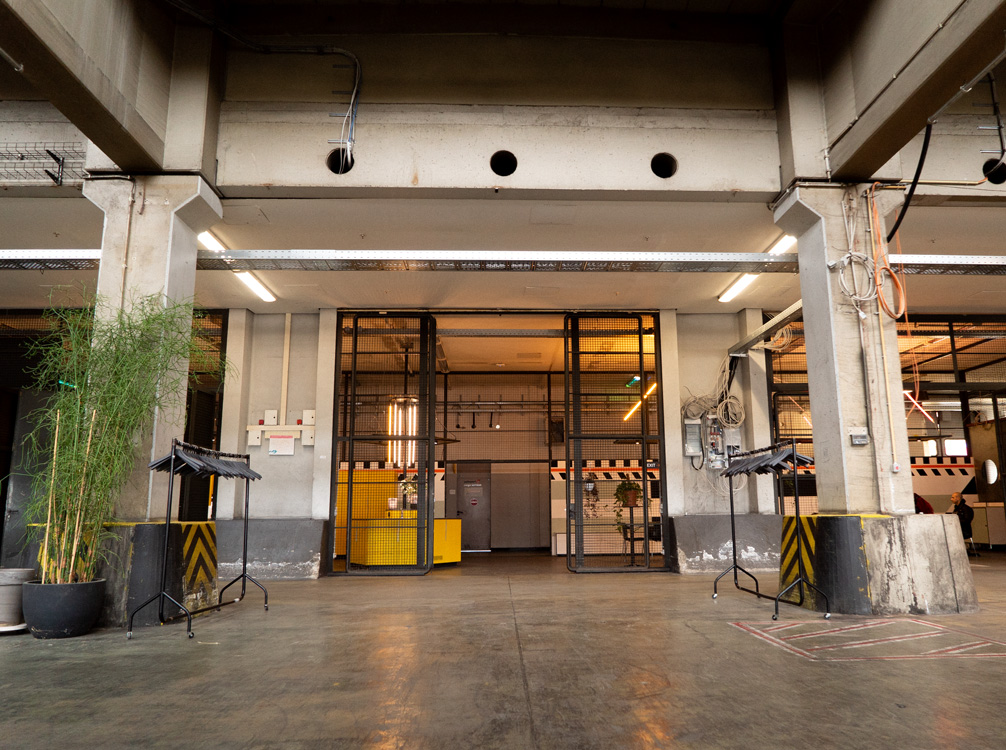
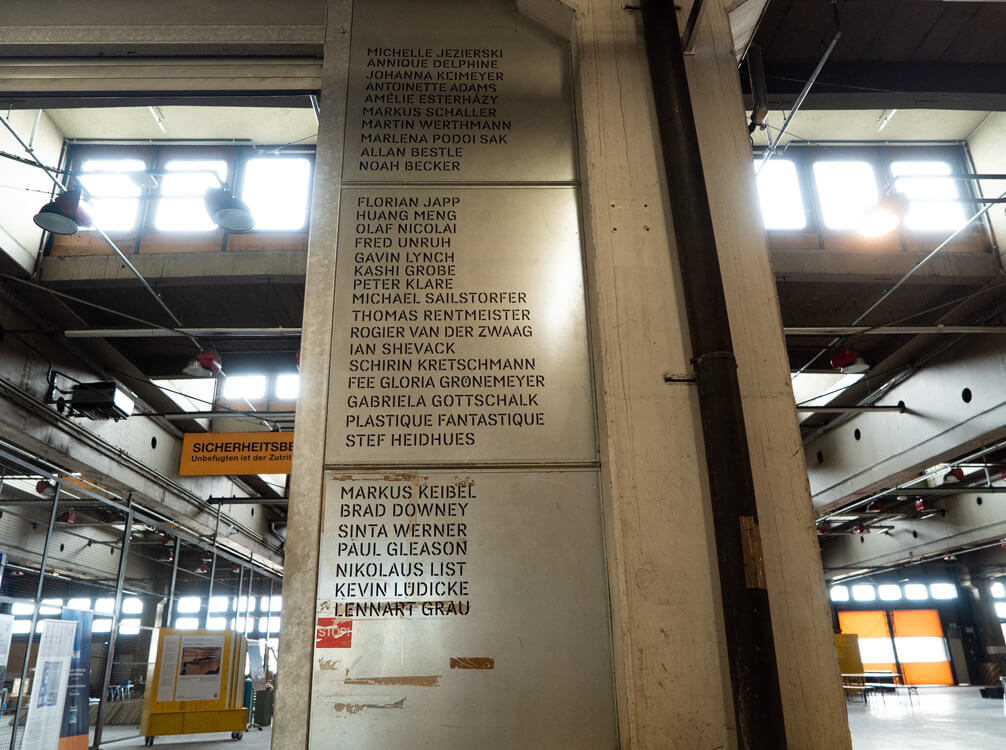
GICA: What does “reinventing itself” mean?
We won’t achieve these solutions if individual companies are tinkering away in a vast industrial area, but only if the engineers and entrepreneurs work together across all sectors. – Marc Bernath
Marc Bernath: We have to reinvent ourselves as a city. We have to develop solutions for the challenges we face. They already knew about the challenges of climate change and demographic change back then. It even says in the concept papers that we need systemic solutions. That means we have to consider contexts. We need photovoltaic modules and technicians who install them on the roofs. We won’t achieve these solutions if individual companies are tinkering away in a vast industrial area, but only if the engineers and entrepreneurs work together across all sectors.
GICA: Like with SDG17 – cross-sectoral networking and partnerships for the goals! This is an SDG17 playground!
Marc Bernath: Yes, that’s the explicit concept for this entire development here.
GICA: But is Berlin the only major European city that dares to do something like this?
Marc Bernath: I’ve looked into many development projects, and there’s nothing else as crazy. And I’m not only talking about Europe: I haven’t found anything comparable worldwide.
GICA: Which startups are here?
Marc Bernath: Currently, there are 17 startups in renewable energy, e-mobility, circular economy, and sustainable construction.
GICA: What will happen next?
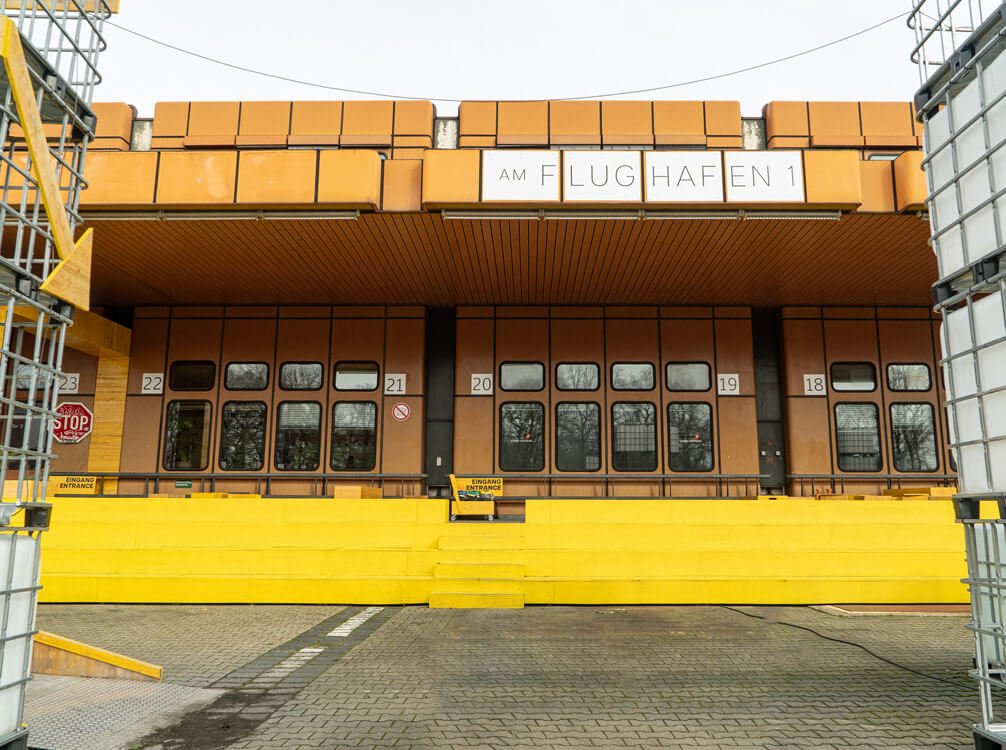
Marc Bernath: We are opening our space to interested event organizers who ideally want to have events with a sustainability focus here. We’d also like to collaborate more with the industry and connect them with startups. And, of course, there will be many GICA events and networking.
GICA: If we assume the best-case scenario, what will be here in a few years?
Marc Bernath: In the best case, in five to seven years, there will be a circular production park on ten hectares of land, where 50 to 60 startups collectively demonstrate how urban production in Berlin can function fully circularly.
GICA: OK, can you explain that?
Marc Bernath: Ideally, there will be a kind of industrial park here on ten hectares of land in six years. But not as we know it, but entirely green, where many things for the city are produced that we really need. And where either no waste is generated or a waste product is constantly reused.
Let me give you an example.
We have the BRLO brewery as a community member on board. Everyone knows how to brew beer, but many need to learn that it’s one of the most energy-intensive branches of the entire food industry. You have to heat everything up and then cool it down again. The BRLO brewery wants to set up the world’s first genuinely green brewery here.
This can only be done in collaboration with an energy company that provides them with a lot of hot steam.
That’s the company HH2E.
They will then generate green energy for the others in this industrial area. However, waste products, such as spent grains, are also generated during beer production, which can be converted into animal feed. This is done a lot nowadays, but there are better solutions to feed it to cows because cows aren’t necessarily the best for our environment. However, you can also use it to produce other foods and proteins through mushroom fermentation. You can even make schnitzel with a good texture from it, which tastes really good. Another startup takes care of that.
GICA: You eat your schnitzel and drink your beer; it all comes from the same thing—circular beer.
Marc Bernath: Exactly. It tastes good, and your ecological footprint is excellent.



